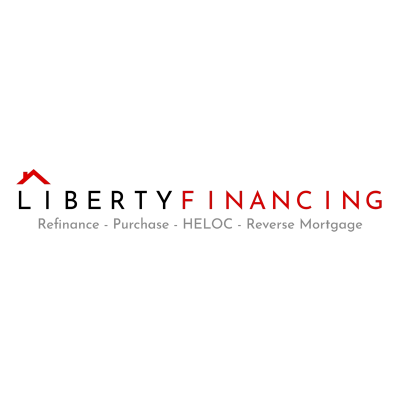3 Key Lessons About Using Credit Cards Wisely
Navigating the world of credit can be a maze of choices and consequences. This article distills the wisdom of financial professionals into essential strategies for using credit cards to one's advantage. Readers will uncover expert-backed tactics to maximize credit potential and avoid common pitfalls.
- Treat Credit Cards Like Debit Cards
- Pay Full Balance, Not Just Minimum
- Maintain Low Credit Utilization for Growth
Treat Credit Cards Like Debit Cards
Okay, when I look back, I'd tell my younger self that credit cards can be really handy, but they can also get you into trouble if you're not careful. Here's some advice I wish I had known earlier:
Treat it like a debit card, not free money. Just because you have a credit limit doesn't mean you have that much money. Only spend what you actually have in your bank account, or know you'll have it very soon. For example, if you see a cool gadget you want that costs $5,000, don't just swipe your card if you only have $2,000 in your account. Wait until you have the full amount.
Always pay your balance in full every month. For example, if I spend $200 on a credit card for a new gadget, I should have planned to pay that $200 off immediately instead of carrying a balance and paying extra interest over time. This simple practice avoids growing debt and teaches you to budget effectively.
Pay more than the minimum. That minimum payment looks tempting, but it means you'll be paying interest for ages! Try to pay the full balance each month if you can. Even paying a little extra makes a big difference in the long run. Let's say your bill is $1,000, and the minimum is $50. Paying $1,000 means you pay no extra money. Paying just $100 or $200 will save you a lot on interest.
Don't buy things you don't need just because you can. It's easy to get carried away with online shopping or sales. Before you click "buy now" with your credit card, ask yourself if you really need it or if it's just a want. For instance, you might see a great deal on a new pair of shoes, but if you already have five pairs that are perfectly fine, maybe you can skip it.
Keep an eye on your statements. Check your credit card statements every month to make sure all the charges are yours, and there are no errors. It's like checking your bank statement - you want to catch any mistakes early.
One Key Lesson I Learned
The biggest lesson I've learned is that convenience can come at a cost. Credit cards are super convenient for online shopping and emergencies, but if you're not disciplined, you can easily overspend and end up with a mountain of debt. I remember once buying a bunch of clothes online just because it was easy, and then I struggled to pay the bill the next month. That taught me that just because it's easy to buy something with a credit card doesn't mean it's always the right thing to do. Now, I always think twice before making a purchase with my credit card.

Pay Full Balance, Not Just Minimum
If I could go back and give my younger self advice about credit cards, I'd say this: just because you can spend it doesn't mean you should. In my early twenties, I treated my credit limit like extra income, and it caught up with me fast.
The biggest lesson I've learned over time is to always pay the balance off in full, not just the minimum. That one habit saves a ton of interest and keeps your credit score healthy. Using credit responsibly isn't about avoiding it--it's about understanding how to make it work for you, not against you.

Maintain Low Credit Utilization for Growth
If I could advise my younger self about credit utilization, I would emphasize the importance of maintaining a low ratio, ideally under 30%. This practice is vital for personal finances and business growth, as it enhances the ability to secure funding and negotiate favorable terms with suppliers. A healthy credit profile leads to better loans, lower interest rates, and improved financial leverage, crucial for scaling operations and investing in growth initiatives.


